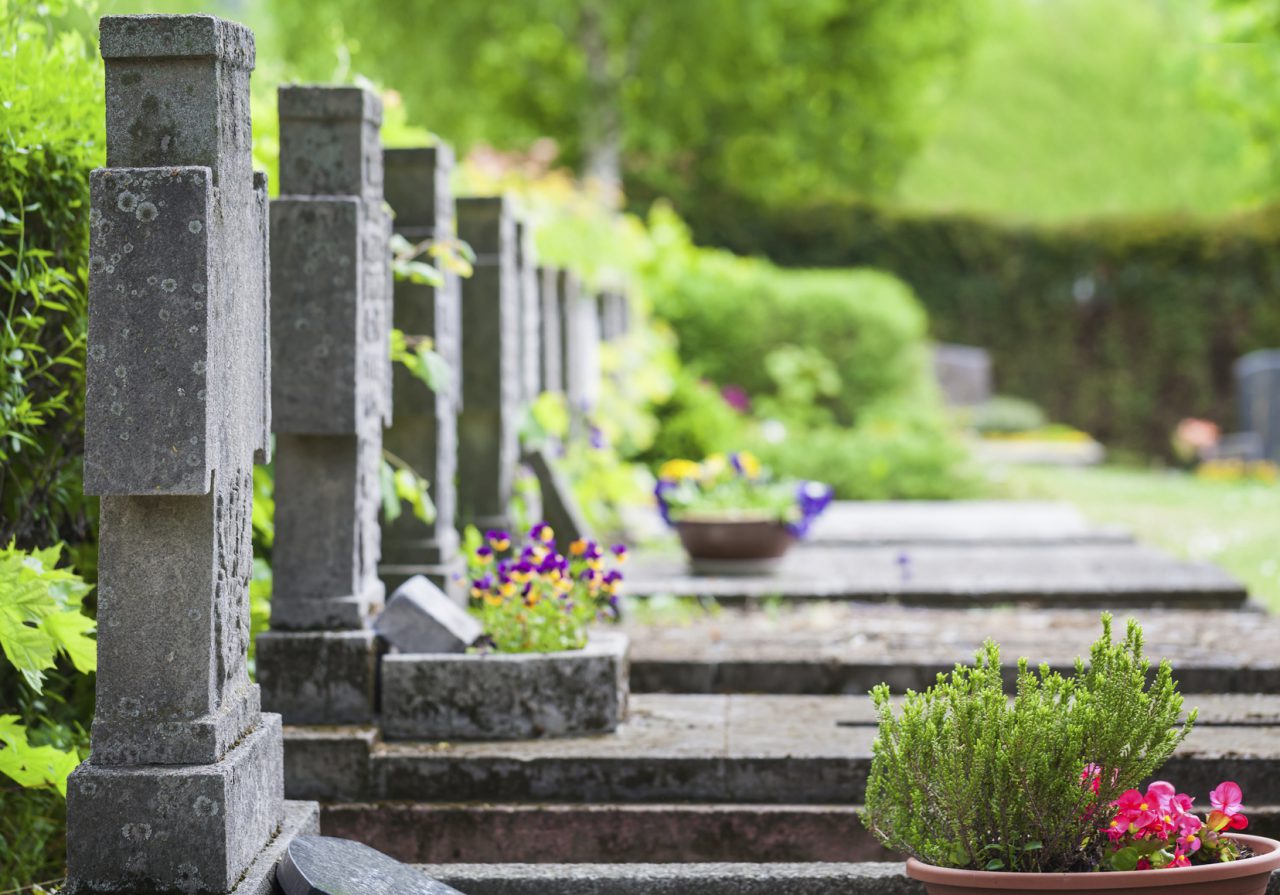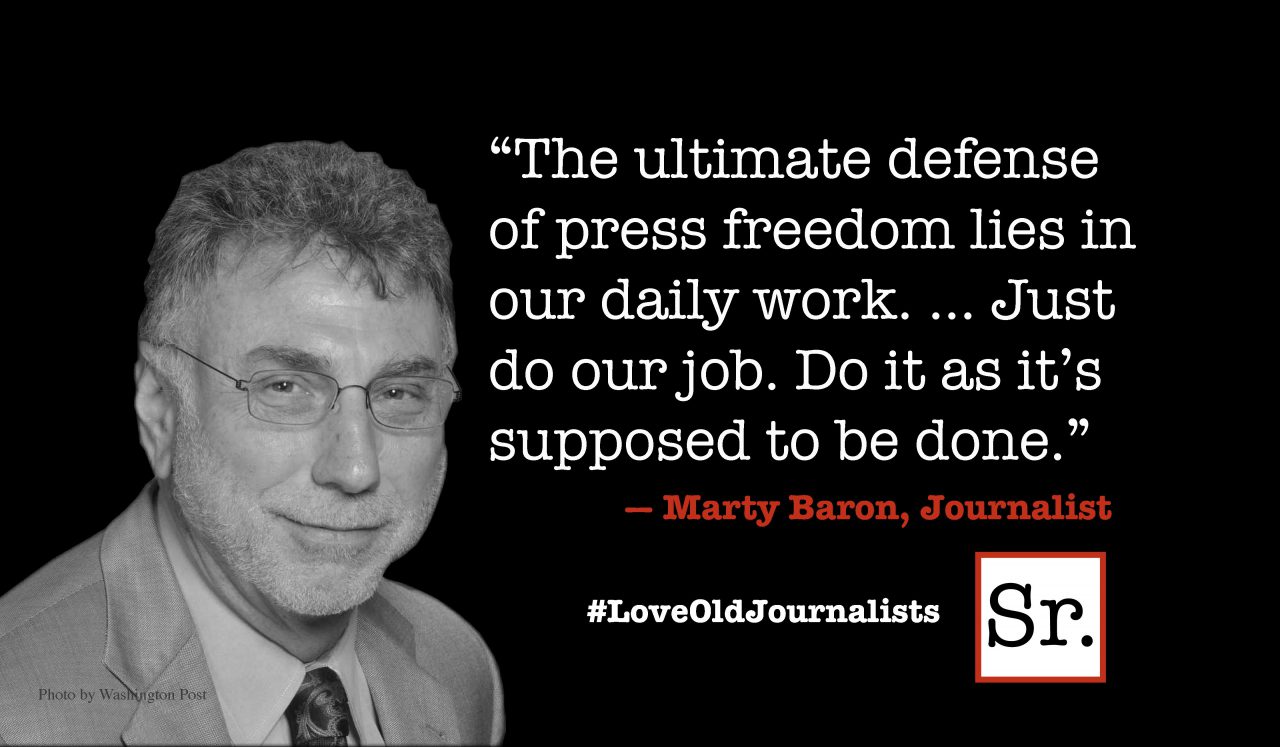“And in lieu of flowers, please send donations to the local animal shelter,” said a friend the other night at a gathering at my home. She wasn’t talking about the wishes of a recently deceased parent, friend or mutual acquaintance. She was reading her own obituary to our group of nine women, known as “Death over Drinks.”
We had been meeting for about 18 months to discuss our personal experiences with death. Each of us had experienced a recent death in our families or knew others who had, as did two members, one of whom worked with hospice and the other with aged patients in a skilled nursing facility.
Our casual group started with one simple, yet essential requirement: willingness to be open, flexible and communicative about our experiences. We set ground rules at the first meeting: everyone needs to host, come prepared, and do their best to attend. We wrote up a list of topics we wanted to explore and assigned “homework” for each gathering.
Our topics ranged from the mundane to the gruesome: what brought us to the group; what childhood memory shaped our view of death; what happens to our bodies as we die a natural or violent death; what is the cremation process; how other cultures approach death; how to discuss our end-of-life wishes with our families, including wills and power of attorney; and finally writing our own obituaries and funeral plans.
Because death is universal, there is probably no other topic in the world that can so quickly bring a group closer together. Each gathering was an opportunity to mourn, learn, open our minds to what we most fear, and eventually come to peace about the inevitable.
We weren’t totally maudlin as we discussed death, and in fact, each gathering was accompanied by fine wine, delicious appetizers and sometimes boisterous laughter. We started out as a group in which only a few members knew each other, and we ended it as friends, bonded through death.
Our final meeting was dedicated to our funeral plans. As we read our obituaries, it became crystal clear that each of us has the opportunity to leave behind the most authentic and meaningful gift to their friends and family. One by one, we told our life stories from the best vantage point possible—our own.
Each of us knows what we hold most important, and our obituaries and funeral plans are our final method for telling the world our personal life statement. It was a hard assignment to begin, but we each agreed that it was the best gift we could give our loved ones.
An amazing transformation took place in those 18 months. Many of us had recently experienced a loss, and some were still emotionally raw when we began. But by the last meeting, we had talked death to death, had come to terms with it, let it sink in and touch our hearts, and were ready to let it go as a subject and instead, focus on enjoying each day that we have remaining.
So while we let “Death over Drinks” die a natural death, our group will live on as a semi-regular potluck gathering of curious, brave women, who will come together in friendship, having gone through together one of the most life-enriching experiences of our lives.









